Have you ever noticed that short, simple sayings are often the most powerful and memorable? I remember my Grandmother used to say, “You can if you think you can.” I’m unsure if she realized how insightful this was when she said it. Her hero was Norman Vincent Peale*, best known for popularizing the concept of positive thinking.
A Little History
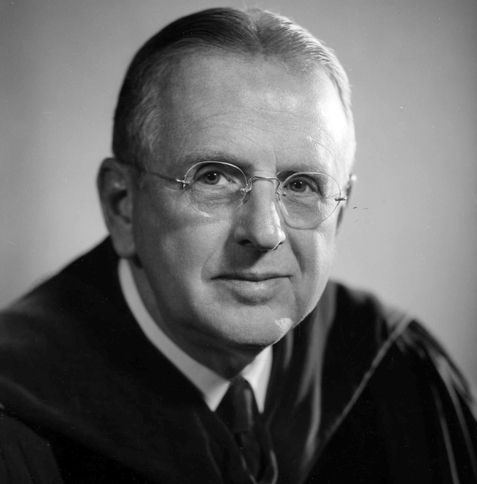
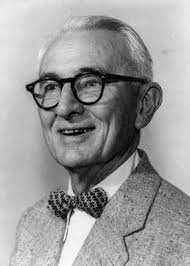
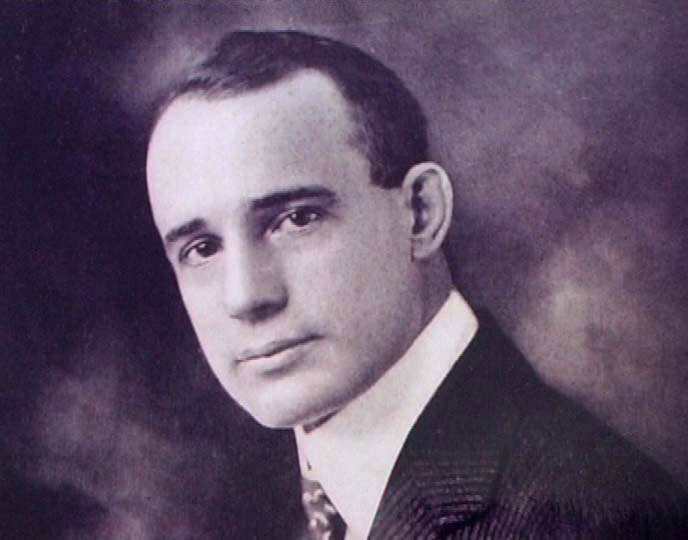
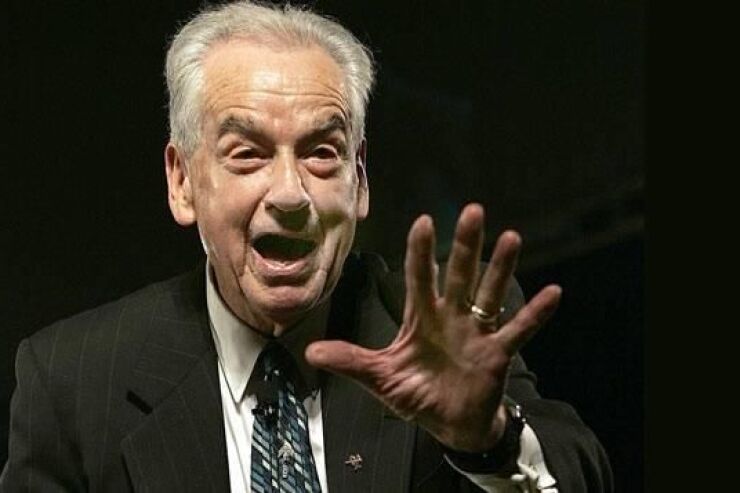
It was in the mid-70s when I was first introduced to the “self-help” concept. Back then, only a handful of so-called experts in this field existed. Three of them — Dale Carnegie, Norman Vincent Peale, and Napoleon Hill were born before the turn of the 20th century; the other, by the name of Zig Ziglar, was born in 1928. I find this fascinating for more than one reason. By the 70s, their theories were practically ancient, and as far as I can tell, the only credential they had was street cred. *Ziglar dropped out of college and sold pots and pans; *Carnegie attended State Teacher’s College in Warrensburg, Missouri, graduating in 1908. Subsequently, he was a salesman for the Armour Company selling bacon, soap, and lard. *Norman Vincent Peale’s book, The Power of Positive Thinking, was widely criticized for hundreds of unverifiable quotations and studies of questionable validity. *Napoleon Hill’s background was sketchy at best. He made several claims that were never substantiated. This included claims that he aided President Wilson in negotiating Germany’s surrender in World War I and helping FDR write his fireside chats.
An Educated Guess
Don’t get me wrong, these were not snake oil salesmen. However, I find it interesting that none of them had a background in psychology. Their experiences were similar in that they didn’t come from money, and they performed at a high level in sales. The only evidence they had that positive thinking made a difference came from their personal experience. They interviewed and observed successful salespeople to understand the attitudes and behaviors that contributed to their success. They were experts at influencing large audiences of people who were searching for ways to get ahead in life. Amazingly they built their businesses on a collection of educated guesses.
The Landscape Has Changed
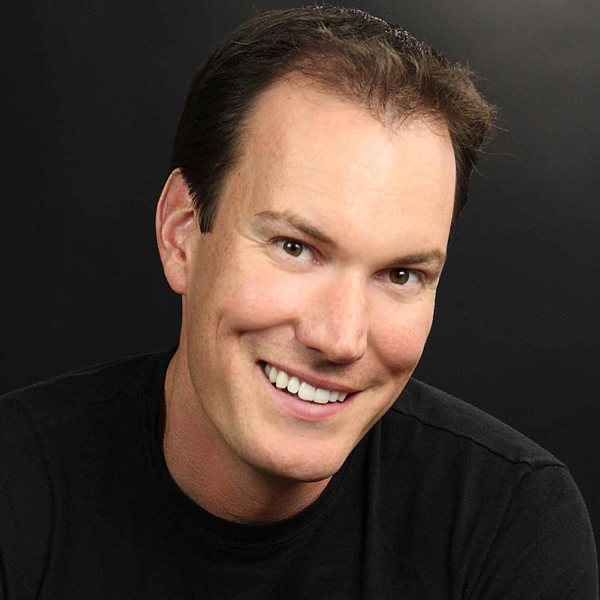

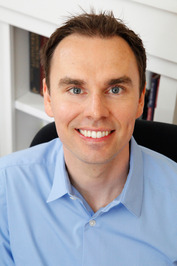

It appears their educated guesses were valid. Fast forward to the 2000s, and the self-help category continues to grow and evolve. The landscape has changed dramatically, as evidenced by the photos of some of my modern-day faves above. **According to The NDP Group (a global information company), between 2013 and 2019, unit sales of self-help books grew an average of 11 percent annually, reaching 18.6 million in 2019. In today’s world, if you don’t have the data, people won’t listen. You can’t convince an audience that thinking positively works unless you have evidence that what you communicate is valid. Throughout the years, scientists and researchers have validated much of the theory espoused by motivational speakers of the past. No longer is it just opinion that positive psychology is foundational to career success and a happy, more fulfilling life.
Enter Dr. Joe Dispenza
If you haven’t heard of Dr. Joe, he’s world-renowned. Just Google him. He’s all over the internet. At the urging of a close friend, I picked up his book — BECOMING SUPERNATURAL – How Common People Are Doing The Uncommon. In the introduction, he states his reason for writing the book:
“I wrote this book to take what I’ve always thought was possible to the next level of understanding. I wanted to demonstrate to the world that we can create better lives for ourselves–and that we are not linear beings living linear lives but dimensional beings living dimensional lives. Hopefully, reading it will help you understand that you already have all the anatomy, chemistry, and physiology you need to become supernatural sitting latent within you, waiting to be awakened and activated.”
I’m convinced after reading several of his books that we can change our lives, in some cases dramatically, by changing the way we think. For example, he and his team have done hundreds of studies and used brain scan technology to prove that people can change their biology during meditation. This is just a tiny slice of what he’s done to validate his work.
People Can Change

I wrote this article because there is still skepticism about the value of positive psychology (self-help). I believe in it because I’ve seen it work in others, and it has worked for me. It’s important to understand that change is complex, and it requires hard work to change thoughts that, over the years, have become embedded in our minds. How many people do you know who are stuck in their thoughts, unwilling to make the necessary changes to improve their lives?
Today’s leaders in the field of positive psychology aren’t slick salespeople who write books based on their own beliefs and opinions. Instead, they have studied and researched how the mind works and use proven methods that make a difference for anyone willing to do the work.
Final Thoughts
It is fascinating to examine how the field of positive psychology has evolved. I don’t discredit those in the past who preached and wrote books based on their personal observations and opinions. They had the guts to evangelize their theories and got many people to believe them. We have come full circle to realize they laid the groundwork for a billion-dollar industry. Psychologists and researchers have put these unsubstantiated theories “through the meat grinder” by performing thousands of quantitative studies on human behavior. They have leveraged modern technology to validate their work. It is now more difficult for the skeptics to build a case against positive psychology.
I’d love to hear about your experiences with self-help and making positive changes in your career and life. Are you a skeptic? Are you on the fence? Or do you believe there is a tremendous benefit to the whole idea of positive psychology?
Thank you for taking the time to read my blog.
*Norman Vincent Peale (May 31, 1898 – December 24, 1993) was an American Protestant clergyman [1] and an author best known for popularizing the concept of positive thinking, especially through his best-selling book The Power of Positive Thinking (1952) –Wikipedia
*Zig Ziglar dropped out of college in 1947 and moved to Lancaster, South Carolina, where he took up a job as a salesman with the WearEver Cookware company. Ziglar was promoted to field manager and eventually divisional supervisor in 1950.–Wikipedia
*Norman Vincent Peale (May 31, 1898 – December 24, 1993) was an American Protestant clergyman,[1] and an author best known for popularizing the concept of positive thinking, especially through his best-selling book The Power of Positive Thinking (1952).–Wikipedia
*Dale Carnegie (/ˈkɑːrnɪɡi/;[1] spelled Carnagey until c. 1922; November 24, 1888 – November 1, 1955) was an American writer and lecturer, and the developer of courses in self-improvement, salesmanship, corporate training, public speaking, and interpersonal skills. — Wikipedia
*Oliver Napoleon Hill (October 26, 1883 – November 8, 1970) was an American self-help author. He is best known for his book Think and Grow Rich (1937), which is among the best-selling self-help books of all time. — Wikipedia
**The NPD Group offers data, industry expertise, and prescriptive analytics to help you grow your business in a changing world. Website – https://www.npd.com/
Leave a comment